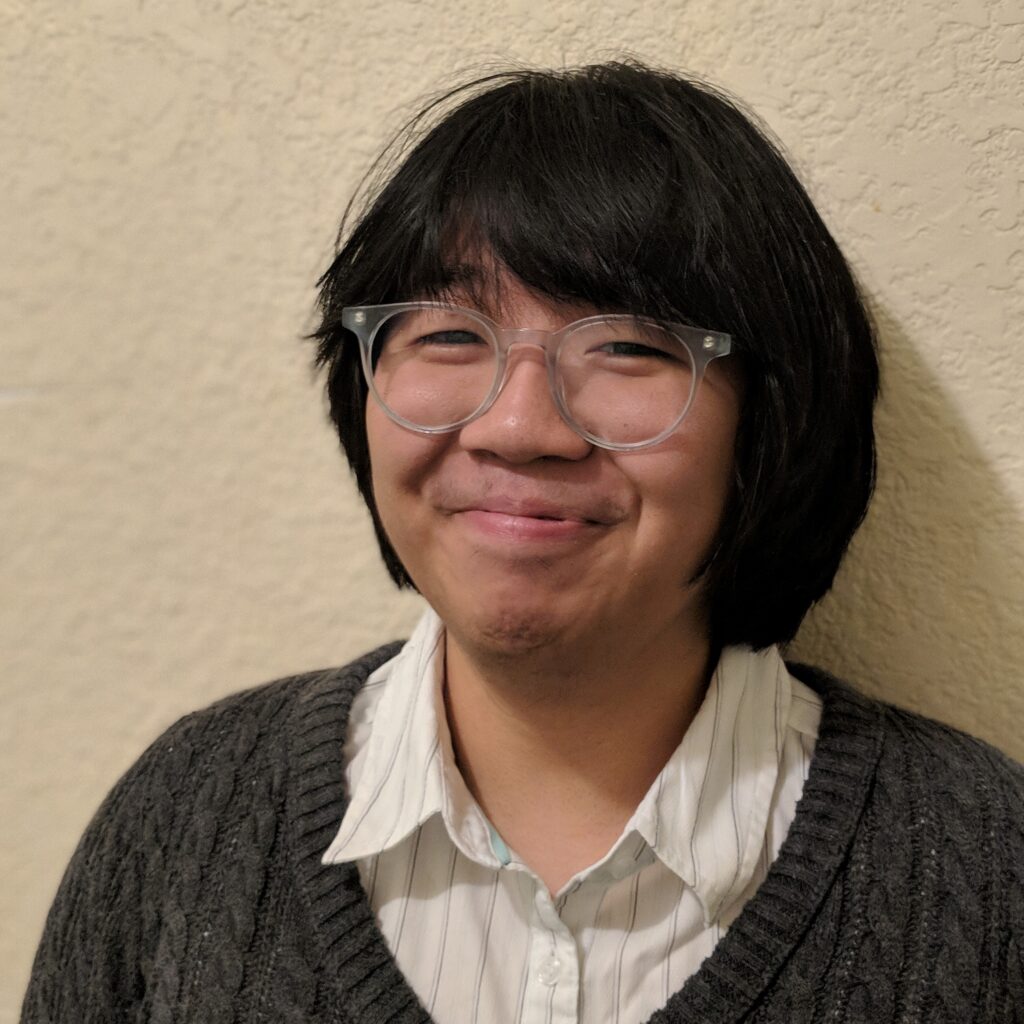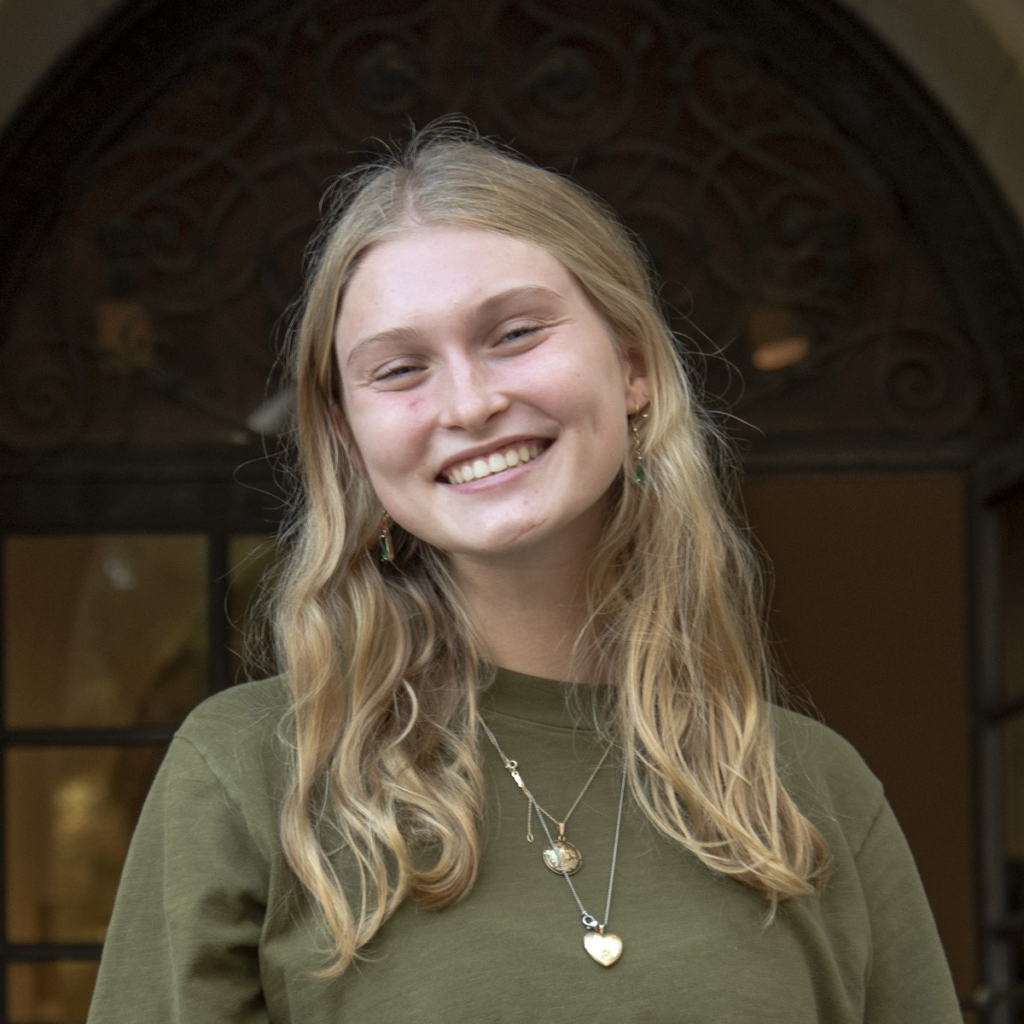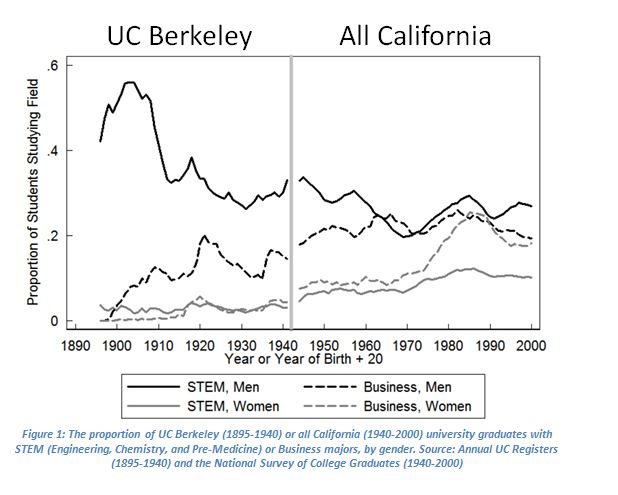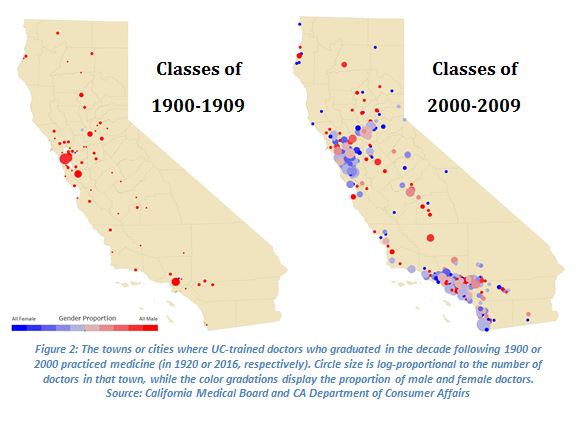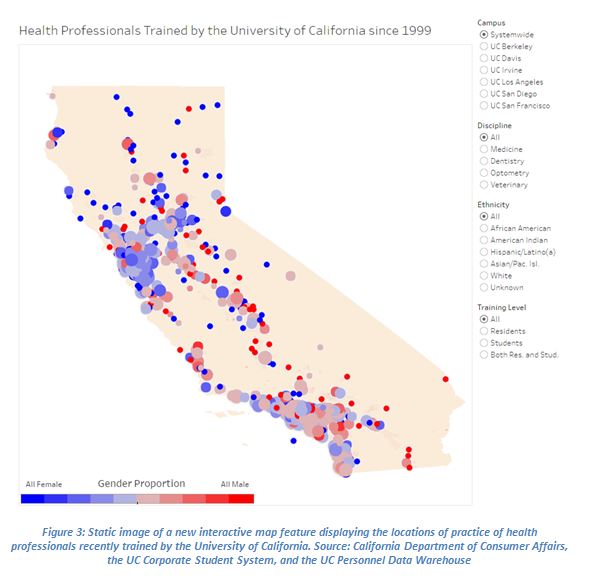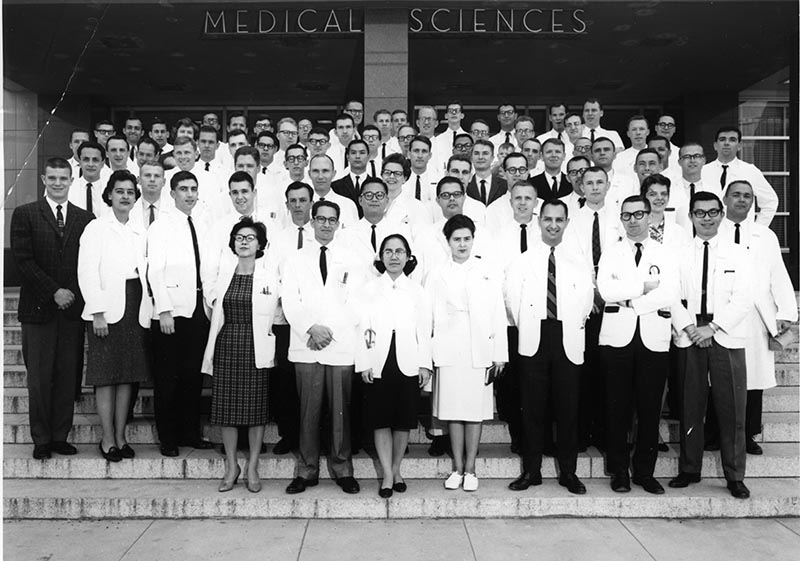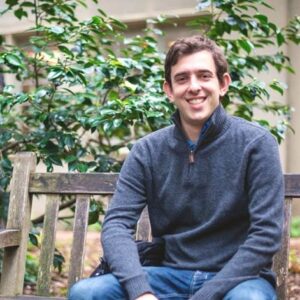This week’s story comes from Isabella Durgin, third-year English and geography student at the University of California, Los Angeles (UCLA).
Post by Isabella Durgin:
Human connection can break the space-time continuum.
This summer, I worked with the UCSF Archives & Special Collections department to help the digital archiving of the COVID Tracking Project (CTP), a cohort of volunteers that worked under The Atlantic to document and report on the first year of the COVID-19 pandemic. As the Project came to a close in 2021, they also began to tell their story – and that was where I came in. Along with the team, my work at UCSF ultimately spun a layered tale of interconnectedness.
As a Digital Archive Intern, I was primarily responsible for the organization and curation of the Oral History Archive component of the broader CTP Archive. These files were the product of CTP’s internal interviews to break down and reflect on the work of volunteers and staff. Interviews occurred across a large period of time, spanning from the winddown of the Project in spring 2021 to several months later, when the gears had pretty much ground to a halt.
Many interviews allocated a significant portion of time to discuss the community they had found during the first 365 days of the pandemic – March 7, 2020 to March 7, 2021 – during which CTP was producing publicly available data and information.
The people at CTP built an organization to handle an extremely unfamiliar crisis with fairly unfamiliar tools – now virtual workplace darlings like Zoom and Slack. Nevertheless, a thriving hive was built up bit by bit (and byte by byte), founded on prioritizing volunteers as humans and crafting a new language of custom emoji.
And somehow, by the end of the summer, I felt like I had a place in it as well.
Without speaking to any of these people or bonding by synchronistically living through the same pandemic moments, I still had the same experience of feeling like part of something bigger. Which, in some ways, was the hope – the longstanding one, anyways – for the Oral Histories. One of the intentions was for others to learn from CTP’s approach and use the model in other contexts in order to build more compassionate and sustainable communities.
Around a year after CTP’s 2021 conversations about the year prior, I was able to tap into the web of people and relationships. The same can be done with the thousands of other files in the CTP Archive; there is the same potential for different fields to learn from the stories told by the outreach efforts or the data journalism. Even the numbers tell a story. We just have to be ready to preserve and to listen – actions I learned are far more similar than one may think.

